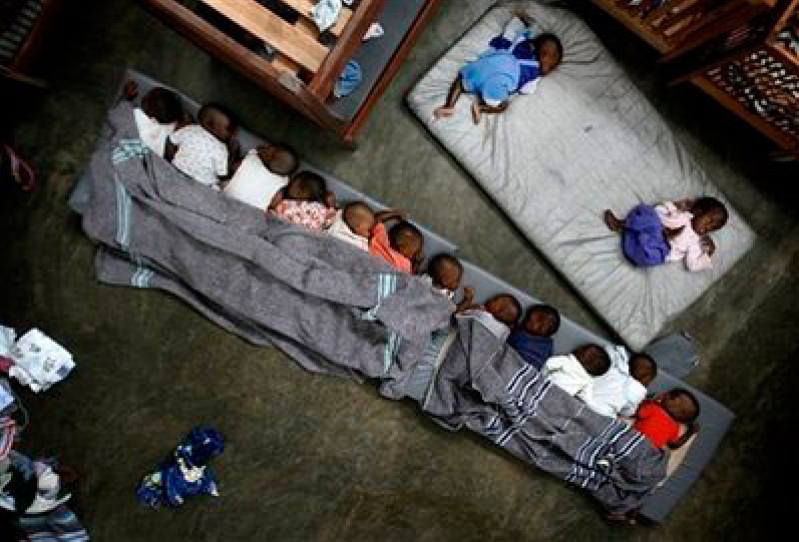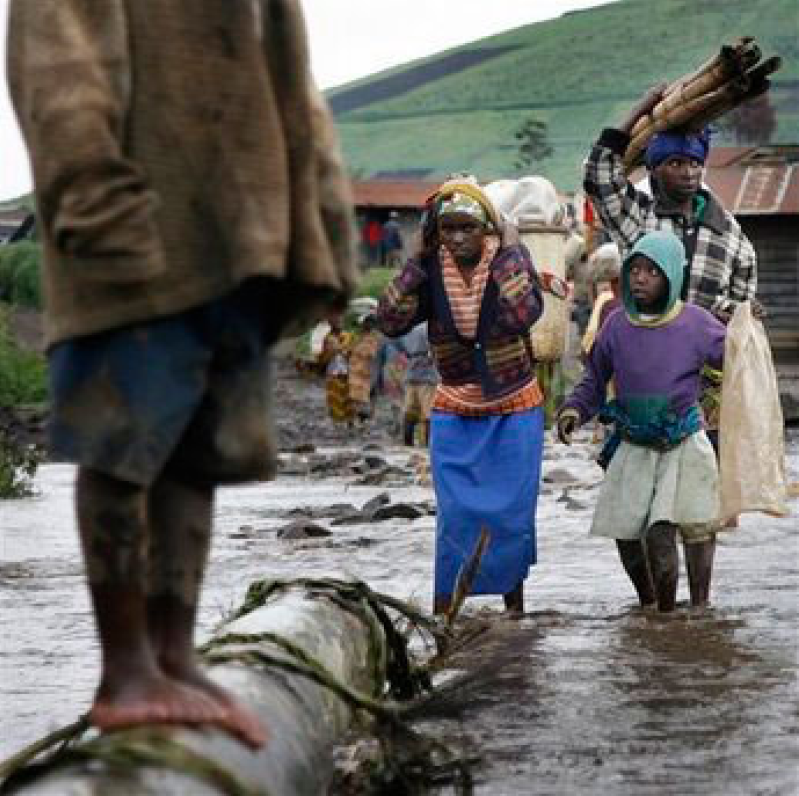

A pan-African group of leaders said on Wednesday that renewed fighting between government forces and rebels in Congo could be prevented if signatories to peace agreements honored their commitments.
Leaders of the Inter-Faith Action for Peace in Africa Commission, which is meeting this week near the Ugandan capital Kampala, appealed to African religious leaders to urgently engage in political leadership in mineral rich Congo and neighboring countries to see a halt to the violence, according to Lutheran World Information.
At least 250,000 people have been displaced since the latest round of savage fighting between government troops and the forces of Tutsi rebel leader Laurent Nkunda broke out in the eastern part of the country in August.
UN Secretary General Ban Ki-Moon asked the Security Council this week to approve sending 3,000 more troops to bolster the existing 17,000-strong peacekeeping mission – the largest in the world - amid reports of increasing attacks on civilians.
In his opening address to the three-day IFAPA meeting on Monday, the group’s president and general secretary of the Lutheran World Federation, Dr. Ishmael Noko said, “Are we not moved by the inhuman conditions of those [internally displaced] mothers and children?”
Gilbert Boissa, IFAPA Commission member and president of the National Inter-Religious Forum in Congo, also said women and children were bearing the brunt of the attacks on civilians.
"Sexual abuse and forced recruitment of children into armed groups are reported in areas of conflict,” he said. "Rape continues to be used as weapon of war. Many women are subjected to attack.”
He said that IFAPA’s Congolese branch was working with other faith-based organizations to protect civilians, reunite families and lobby for peace and the secure delivery of humanitarian aid.
Boissa pointed to the role of the country’s vast natural resources, including diamonds, gold and copper valued at billions of dollars, in the present conflict. International NGOs say the government and rebel forces are fighting to gain control of lands rich in minerals which can be mined and traded to finance arms, according to The Associated Press.
“This is not a political problem,” said Boissa. “It is a resource-based conflict on who occupies vital points. Some people are looking for key geographical area.”
Noko asked, “Is it not correct to say that while this war is raving, the mineral resources are being taken out of the country for the benefit of others other than the citizens of the DRC?"
The renewed fighting was due partly to the failure of warring factions to keep to the terms of numerous peace agreements, most notably the December 2006 pact on security, stability and development signed in Nairobi, according to Boissa.
Meanwhile, Noko said that Africa’s faith leaders need “to have the courage and take leadership” by meeting with the leaders of both sides of the conflict “for the sake of our children and their future.” He added that without decisive action to stem the violence, “war and conflict are gradually becoming part of the DNA” of the African political landscape.
"Will we allow that transformation to become complete?" he asked the Commission members.
Boissa recommended that the IFAPA Commission set up a special committee to focus solely on the conflict in Congo and convene a peace conference of heads of state from the Great Lakes region to salvage the Nairobi peace pact. He also proposed the establishment of an inter-faith group to monitor developments in the region.
"It is in the implementation [of peace agreements] where the problem is. The pacts get blocked," he said.






